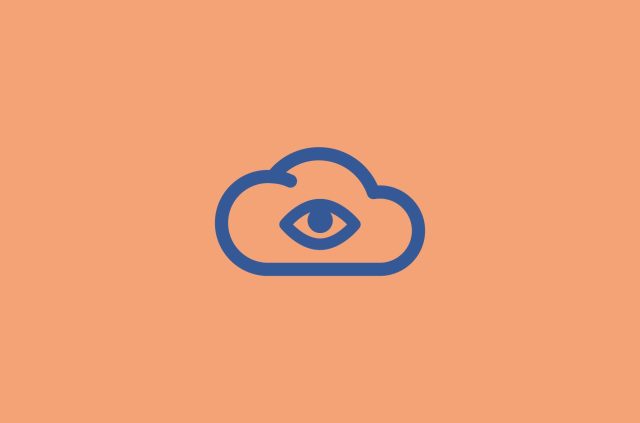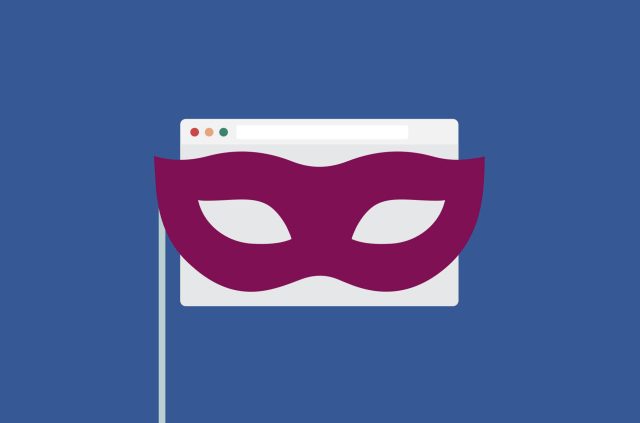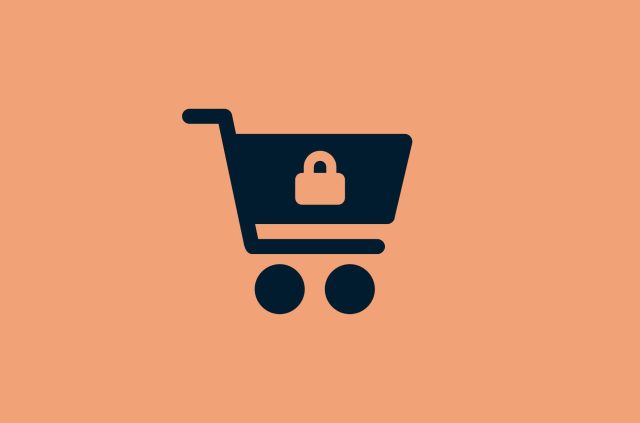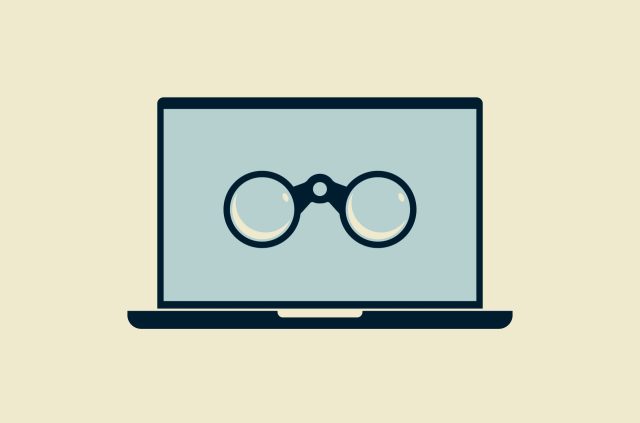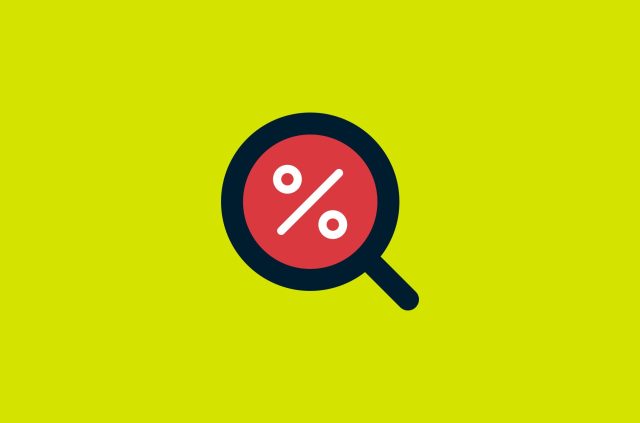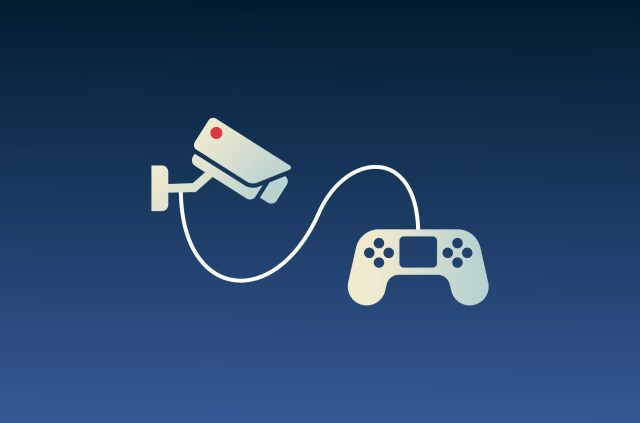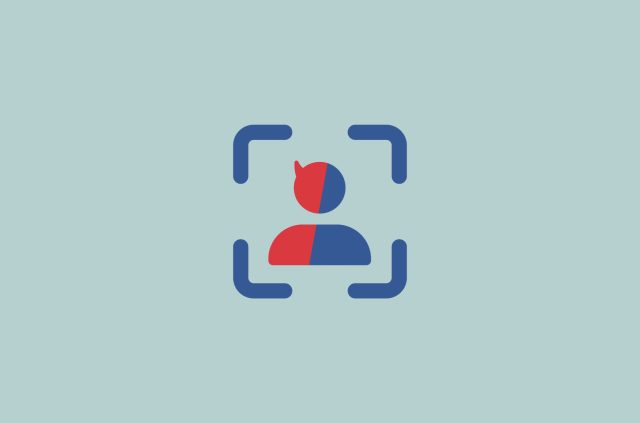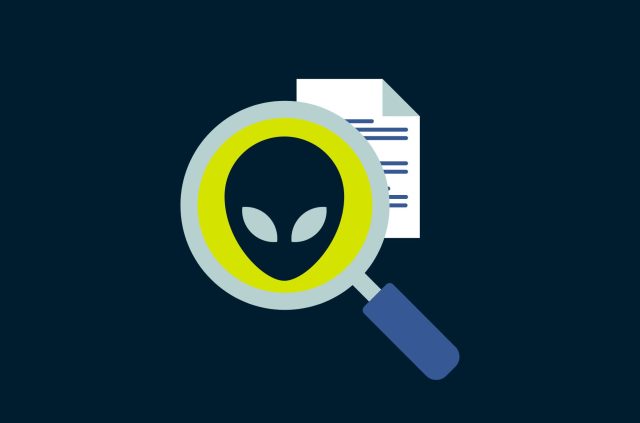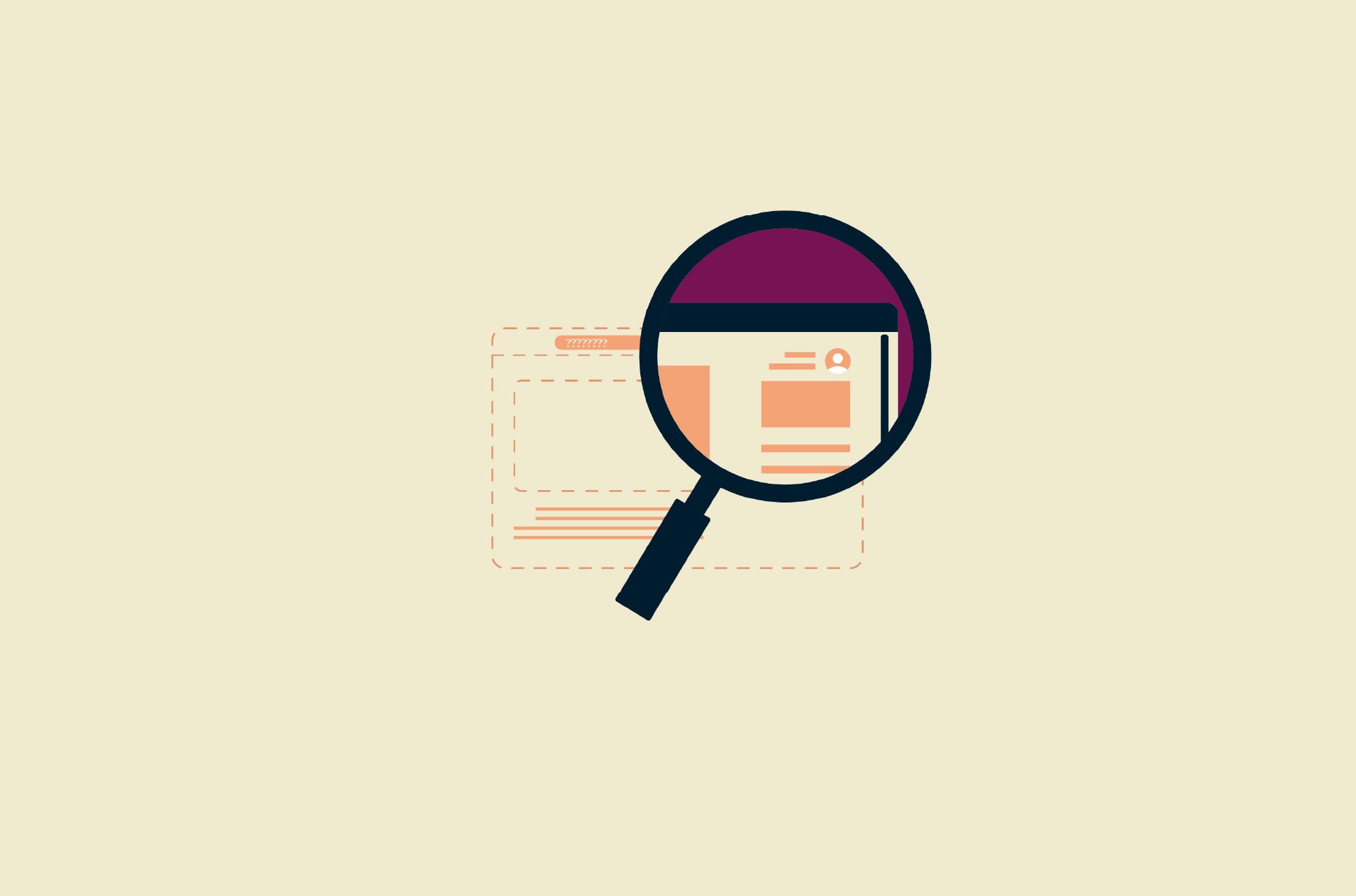
Every time you go online, it’s important that your traffic is encrypted. Otherwise you never know who could be looking in. There’s a good chance your online activity is visible to your internet service provider (ISP).
In fact, your search history, location, and shopping habits may all be at risk as ISPs have the capability of collecting and selling your data.
This can include your: Location, contact details, shopping habits, social media activity, and personal relationships.
Let’s take a look at what your ISP can see if your data isn’t encrypted.
Read more: FTC study: ISPs share far more user data than you'd expect
Your IP address
When you go online, your internet service provider assigns your device an IP address. By tracking your IP, your ISP can trace your internet activity back to you.
The sites you visit
Your ISP can see what you’ve been browsing online. If you visit a site using HTTP rather than the more secure HTTPS, your ISP can even see what you type into that site, like your credit card details.
Your communications
Email services that do not use Transport Layer Security encryption (TLS) can leave your correspondence visible to your ISP. If your ISP is also your email provider, they can definitely see your emails.
Your streaming and downloading habits
While your ISP may not care what you’re streaming or downloading, it may be inclined to slow down your connection speed if they notice you’re using a large amount of bandwidth. This is called throttling.
Your geographic location
Your IP address can even be used to track where you are. Even though it may not be precise, enough location data can provide a reasonable estimation.
A VPN is the easiest way to encrypt your connection and shield some of your online activity from your ISP. While your ISP can still tell there is traffic, it won’t be able to know what that traffic is.
With a VPN, your traffic is routed through an encrypted tunnel, and your IP address is replaced with a different one shared by many VPN users.
This way, it's easier to protect your location, browsing history, and personal details.
Read more: What does a VPN hide?
Take the first step to protect yourself online. Try ExpressVPN risk-free.
Get ExpressVPN


